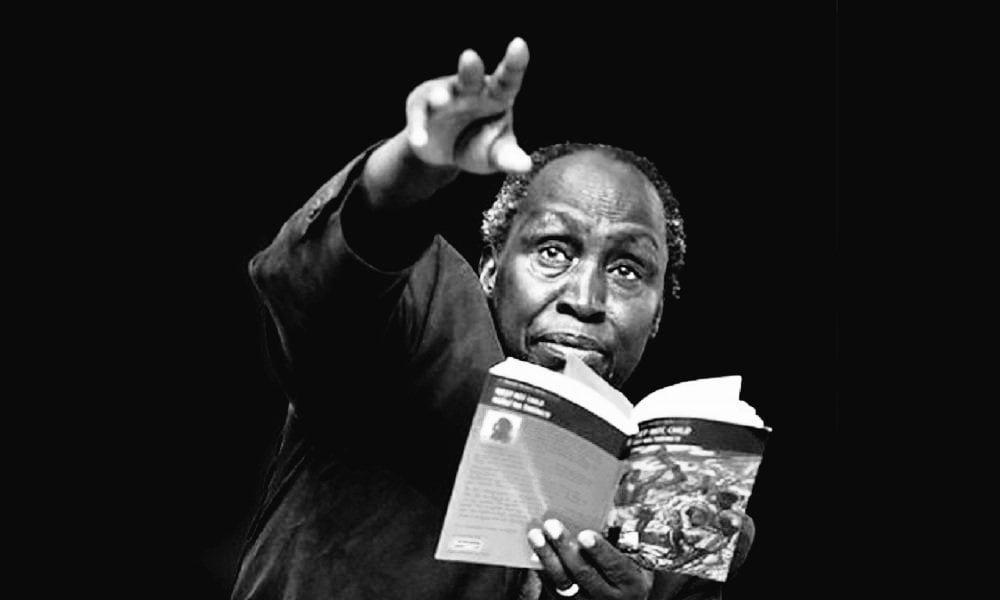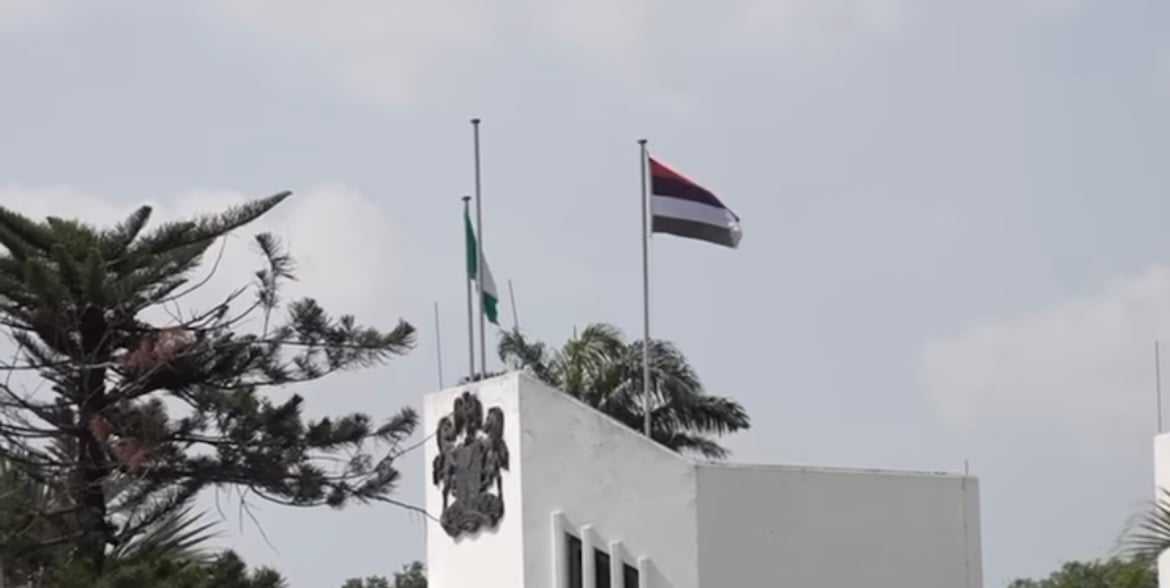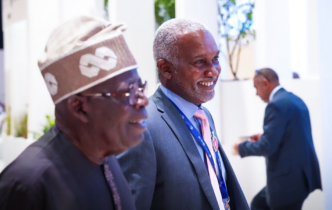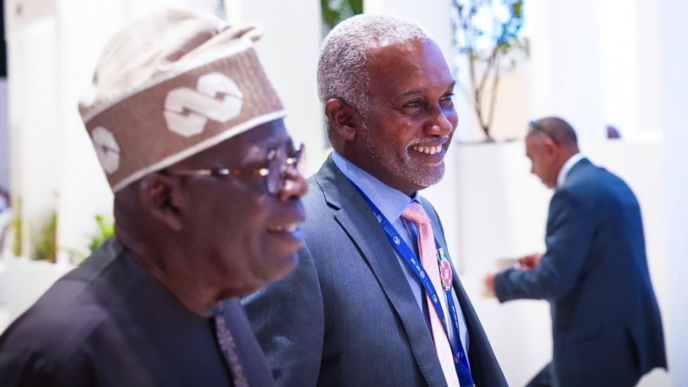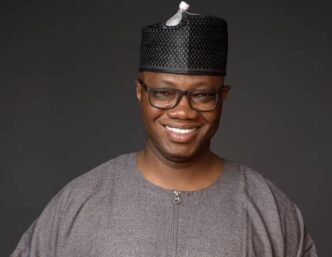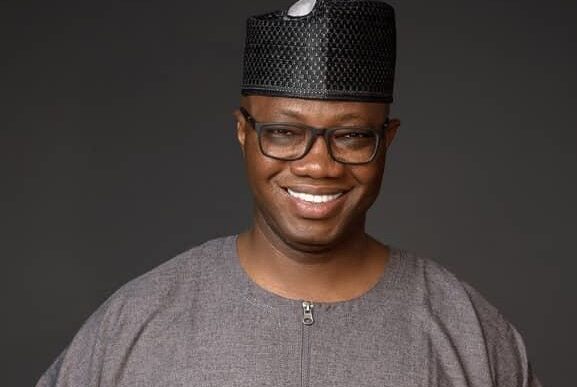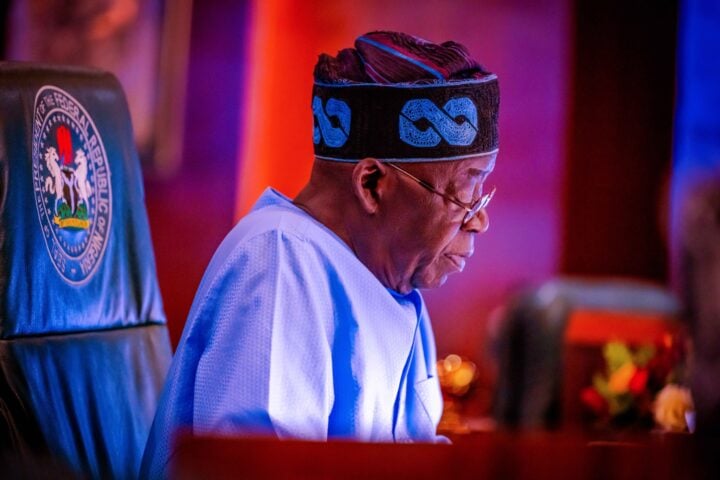BY AHMAD SHUAIBU
As a proud Nigerian of Fulani descent, I treasure the richness of languages that shape our identities. Being fluent in Hausa and deeply connected to my Fulfulde heritage, I understand the profound importance of expressing our stories in our mother tongues. In this spirit, I find inspiration in the life and work of Ngũgĩ wa Thiong’o—a literary warrior whose voice carries across generations and cultures.
In the heart of Africa, where stories awaken with the sunrise and ebb with the rhythmic pulse of twilight, there lives a man whose words have become wind—blowing through time and tongues. Ngũgĩ wa Thiong’o is not a warrior wielding a spear, nor a king on a throne, but a revolutionary armed with a pen. He chose to fight not with bullets, but with bold ideas, cultural wisdom, and linguistic pride.
Born in 1938 in the highlands of Kenya, under the suffocating shadow of colonial rule, Ngũgĩ refused to be just another voice molded by the language of his oppressors. He began his literary journey in English, crafting globally acclaimed works such as Weep Not, Child and The River Between. But deep within, his spirit yearned for something more. He realized that true freedom does not reside in foreign words—it dwells in the language of one’s mother.
Advertisement
Ngũgĩ, ever the sage, became the living embodiment of African pride.
With fierce conviction, he turned his back on English—not out of hatred, but out of hope. He embraced Gikuyu, his mother tongue, and declared with courage that African stories must be told in African languages. To him, every language lost was a world erased. Every language reclaimed was a revolution reborn.
Even when the weight of his words led to his imprisonment, Ngũgĩ remained unyielding. In the cold silence of a prison cell, he wrote Devil on the Cross on toilet paper—a symbol not of suffering, but of unbreakable resilience. His voice could not be caged; it echoed louder than iron bars, louder than fear.
Advertisement
His life transcends mere narrative—it serves as a call to action, especially for us, the younger generation of Africa.
Lessons from Ngũgĩ wa Thiong’o
From his life and legacy, we draw these truths:
Speak your language, for within it lies your strength and story.
Create with courage, for your art is both voice and defiance.
Think with clarity, and behold Africa through unclouded, sovereign eyes.
Words Across Borders
Advertisement
In Fulfulde:
“Dewon e man, ngondata e joru.
E jango dum, jango honto joru.”
Meaning:
“Stand with me, speak with strength.
In our language, our dreams take flight.”
In Hausa:
“Zaman tare, muryoyinmu suna haskakawa.
Farin ciki a cikin harshe, mu tashi tare.”
Advertisement
Meaning:
“Together we stand, our voices shine.
Joy in our language, let us rise together.”
He wrote to heal, not profit.
To restore Africa’s soul.
Now the flame is ours—
To speak. To write. To rise.
Advertisement
Ngũgĩ wa Thiong’o is not just a writer.
He is a mirror. A movement. A map.
Advertisement
Ahmad Shuaibu Isa can be reached via [email protected]
Advertisement
Views expressed by contributors are strictly personal and not of TheCable.
